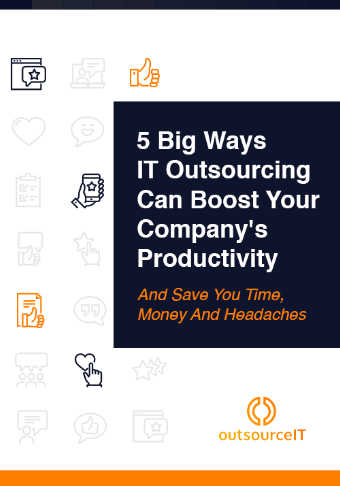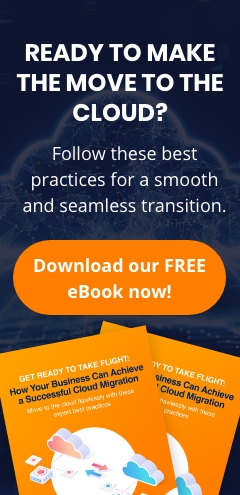Cloud computing has transformed the way we do business by giving workers greater flexibility and reducing costs. But while there’s no denying the benefits of cloud computing, it presents several unique security challenges that need to be addressed first. These include abuse of privileges and hacked accounts to name a few.
Fortunately, there are several ways to mitigate the threats and turn your cloud-hosted infrastructure into a security asset in its own right.
- Encrypt data at rest and in transit
Encryption is the best-known practice when it comes to protecting data, and it must be applied to all data, whether it’s at rest or in transit. That way, unauthorized third parties who do attempt to gain access to your systems or intercept your communications will be unable to do anything with your data without the decryption code.
Today’s encryption standards, such as AES-256, are impossible to break with a brute force hack, simply because there are too many possible key combinations. That’s not to say they’re completely foolproof, but it’s still an extremely important part of cloud security. Always choose cloud providers that offer full end-to-end encryption.
- Deploy multifactor authentication (MFA)
Passwords are integral to cybersecurity, but relying on them is no longer enough in the age of cloud computing. Even if you do enforce a robust password policy, hackers often use social engineering tactics to dupe victims into giving away their login credentials, which is why you need something more.
MFA is essential for protecting user accounts in the cloud, since it provides an additional layer of security by asking users to verify their identities. The secondary authentication factor is usually a one-time access token, such as an SMS message, but other methods like biometrics are also an option.
- Follow the principle of least privilege
The principle of least privilege holds that no one should have access to data they don’t need to do their jobs. For example, there’s probably no reason to give an employee in the marketing department access to financial and accounting data. Following this principle will keep your organization’s potential attack surface to a minimum.
Limiting what employees can access helps create a security-aware culture of accountability while enhancing productivity by ensuring they aren’t bombarded with apps and data that are unnecessary for their tasks.
- Use virtualization technologies
Virtualization refers to the creation of virtual rather than physical computing resources with the main purpose of increasing efficiency. It’s often used in combination with cloud computing to deliver virtual desktop experiences hosted in a remote data center. Computing workloads take place off-site, and you can use any internet-connected device to access a virtual desktop.
Virtualization is also better for security, since it eliminates the need to have sensitive company data stored across a huge number of different devices. It allows you to manage all computing resources from a centralized dashboard and provision new virtual desktops almost instantly, with all company security policies and controls preinstalled.
- Monitor and log all user activities
The main advantage of cloud computing is also its biggest security challenge. The accessibility of cloud-hosted resources also means attackers can access them anywhere, provided there aren’t adequate controls in place. Consider, for example, how someone located on the other side of the world may try to access a cloud-hosted account. With a physical server located on-site, that’s simply impossible.
While measures like multifactor authentication and encryption can help you secure your cloud-based data, you still need to keep an eye on what’s going on. Cloud monitoring and logging provides a complete audit trail of every user activity, including failed and successful logins, so you can proactively take steps to prevent any suspicious behavior.
outsourceIT provides network and data protection systems to ensure you’re always two steps ahead of attackers. Contact us today to learn more about our secure and reliable remote work solutions.
5 Big Ways IT Outsourcing Can Boost Your Company's Productivity!
Before you can honestly consider outsourcing IT management, you need to be 100% confident that it will solve problems and unclog bottlenecks.


